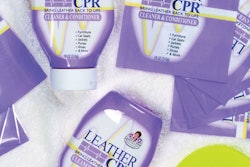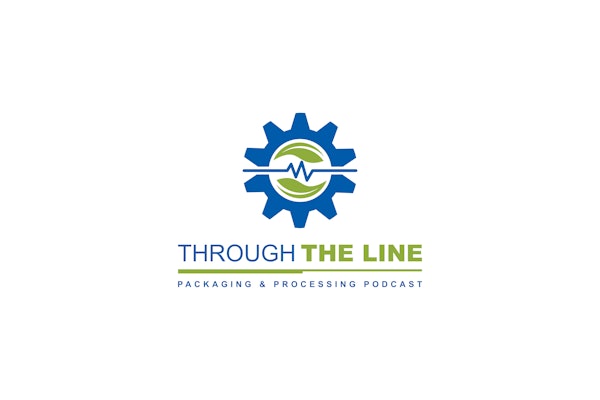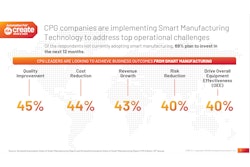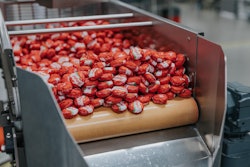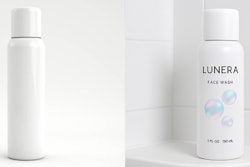One way that we focus our research is through organizational membership in the International Association of Packaging Research Institutes, or the IAPRI. The association was established in 1971 as an international membership association to promote packaging as a global science. The charter is to support members in providing an authoritative source for the latest information on techniques, technologies, and legislation. The member institutes represent more than 30 countries from all continents of the world. The members include packaging University programs such as Michigan State, Clemson, Rochester Institute of Technology, as well as many from countries around the world.
The conferences alternate annually with a Symposium on Packaging and then a World Conference, and the sites rotate from North America and a world-wide location. The working groups include: Flexible Packaging, Sustainable Packaging, Distribution Packaging, and Product Protection & Anti-Counterfeiting (new in 2009). The 2009 Symposium was important because the working group format evolved to include more of a network by implementing a social networking platform for collaboration and engagement.
Collaboration example
An example of the innovate work and network is in the new Product Protection & Anti-Counterfeiting Working Group (WG). The working group was originally conceived during the 2007 program presentations and conversations from industry members, and will focus on food safety, food fraud, and anti-counterfeiting.
• Food Safety: A specific focus is on food safety to help packaging research groups establish a base for more collaboration and more precise insight on the needs of industry. The group will focus on integrating multi-function actions to achieve a focused goal to meet global food safety needs, including extended shelf-life, microbial resistance, and traceability.
• Product Fraud and Anti-Counterfeiting: There is a clear need for more research and scholarship in this emerging area. The working group will provide a resource for researchers but also serve as a forum for industry to help define specific research paths. The root focus is to understand the chemistry of the crime, to focus on specific detection or deterrent countermeasures.
The formation of this working group is the collective statement that these are explicit disciplines for packaging researchers. The working group will provide a linkage to and from world-wide entities, and to serve as a resource for global food and product agencies.
•
John Spink ([email protected]), PhD, CPP is an Assistant Professor and Associate Director of the Anti-Counterfeiting and Product Protection Program (A-CAPPP) and the Director of the Packaging for Food and Product Protection Initiative (P-FAPP) at Michigan State University.

